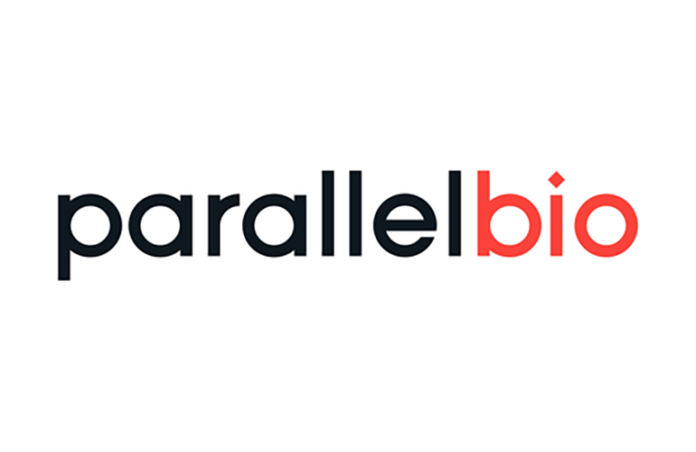CAMBRIDGE, Mass.– Parallel Bio, a biotech company using the immune system to cure disease, today announced the release of its Clinical Trial in a Dish for studying the efficacy and safety of new immunotherapies using human models at the earliest stages of drug discovery. Five pharmaceutical companies, including a Fortune 500 firm, have begun testing 20 drug candidates with the alternative to animal tests.
Clinical Trial in a Dish creates human models using immune organoids scaled with robotics to represent the biology and diversity of a population. As a result, it more accurately and realistically predicts the safest and most effective drug candidates for human trials compared to animal models. In Parallel Bio’s tests of more than 75 drugs, the results from its Clinical Trial in a Dish matched clinical data in both the fidelity of the immune response and the variations in an individual drug’s effectiveness based on the diverse backgrounds of the patient population.
“By developing drugs in human models from the start, our platform will shave $1 billion and 6.5 years from each drug candidate in development,” said Juliana Hilliard, Parallel Bio co-founder and chief scientific officer. “Our platform aims to flip the 95 percent drug failure rate into a 95 percent success rate, leading to more drugs approved to treat patients.”
The average drug costs $2.8 billion over a decade to develop with nearly 95% failing in human trials despite showing promise in animals.
Clinical Trial in a Dish is Parallel Bio’s first commercially available application of its immune system platform, which utilizes lymph-node organoids at scale to replicate the human immune system across diverse populations. Organoids are 3D, self-assembling models of human biology, or so-called “mini organs.” They mimic the structure and function of parts of the human body and their response to disease or treatment as if the organoids were individual patients.
“The time is right for human models that work at a speed and level of accuracy simply not possible with lab animals and other in vitro methods,” said Robert DiFazio, co-founder and CEO at Parallel Bio. “We’re pioneering a new type of clinical trial where safety and efficacy are proven in humans before a drug candidate ever reaches a real patient.”
Recent industry trends and regulatory changes are propelling interest in alternatives to animal models. Major pharmaceutical companies and laboratories are seeking human models that work, and a new law allows the FDA to consider results from human-relevant studies rather than animal tests during preclinical trials.
Initial customers are actively using Clinical Trial in a Dish to test drug candidates, including one focused on effectiveness across a diverse spectrum of patient profiles and another seeking the safest version of a drug candidate ahead of planned human trials.
Clinical Trial in a Dish is able to represent both health and disease in its human models and offers key advantages over other alternatives to animal studies:
- Reproducible: Parallel Bio’s immune organoids retain the unique biology of the donor patient, as well as the cells, structures and functions of human lymph nodes.
- Diverse: Demographics and population dynamics are captured as if each organoid were a real patient, providing a level of diversity once only possible in human trials.
- Scalable: AI and robotics allow for the rapid creation of large numbers of organoids and the analysis of results, enabling population-scale trials and generation of proprietary data.
Because they generate human relevant data and insight, organoid platforms like Parallel Bio’s mini immune system promise to reshape the future of drug development and medicine.
In the burgeoning field of AI drug discovery, organoid platforms help fill the critical gap for the large datasets of human biological responses needed to feed models. Immune organoids provide early detection for anti-drug antibody (ADA) response, one of the most common and costly blockers for promising drug candidates. Other areas of massive potential include precise modeling of immunological diseases to uncover new treatments, and in producing novel monoclonal antibodies in human immune systems for better efficacy and lower side effects than traditional mAb manufacturing.


